The Summit of Power: A Comparison of the Authority between Emperor and Prince
In ancient Chinese feudal society, the emperor and the prince were two titles representing different levels of aristocratic status. Their power directly related to the stability and operation of the country's political structure. This article will explore the question of "who is bigger, the emperor or the prince," revealing the differences in status between the two in the feudal system.

I. The supreme status of the emperor
In the feudal hierarchy, the emperor was at the top, possessing supreme authority. As the son of heaven, he was not only the highest ruler of the country, but also a combination of spiritual and secular power. The emperor's will was law, and his decisions influenced the fate of the entire country.
II. The status and power of the prince
The prince was an aristocrat who was related to the emperor or had made meritorious contributions and was granted the title of prince. Although their status was prominent, it was still inferior to the emperor. The prince usually ruled over a region, possessing certain administrative, military, and economic powers, but these powers were granted by the emperor and could be revoked at any time.
III. The boundaries of imperial and princely power
In feudal society, imperial power was not to be challenged. The emperor could adjust his power structure by appointing or dismissing princes. Although princes enjoyed a high degree of autonomy within their own territories, they must show loyalty to the emperor and accept his supervision and restraint.
IV. Conclusion
In summary, the emperor had greater power than the prince. The emperor was the supreme leader of the country, wielding absolute authority and decision-making power. Although the prince had some power in the local area, this power was conditional and subject to the emperor's will. In the feudal hierarchy of ancient China, the emperor always occupied the top of the power pyramid.
Disclaimer: The above content is sourced from the internet and the copyright belongs to the original author. If there is any infringement of your original copyright, please inform us and we will delete the relevant content as soon as possible.
Guess you like it
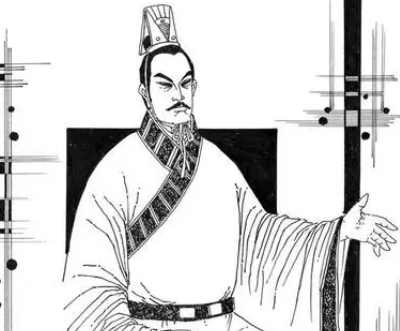
Guo Tai, a wise man during the Eastern Han Dynasty
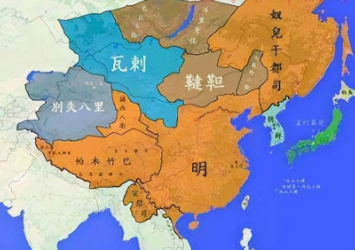
When did the Warla perish? Who destroyed the Warla?
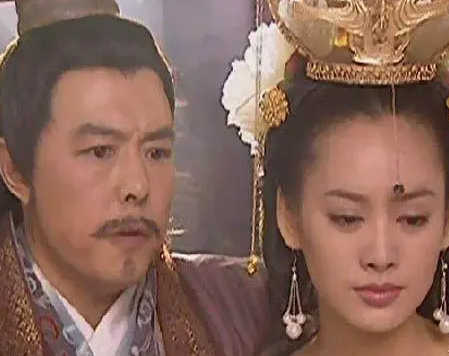
The masterminds behind the Qin State: Lady Huayang and Lu Buwei
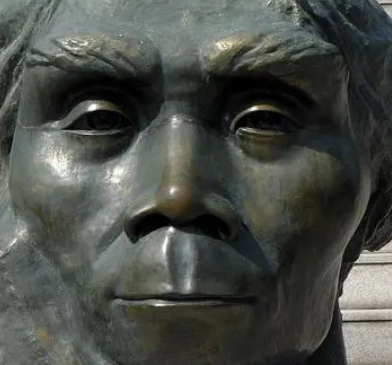
Is the Lantian Man really earlier than the Peking Man? How is it recorded?

Dou Yifang and Liu Heng: A love story spanning thousands of years
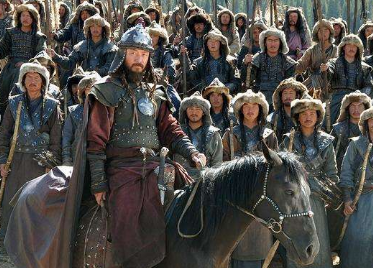
How do you pronounce "Wǎlà"? What is the correct pronunciation of "Wǎlà"?
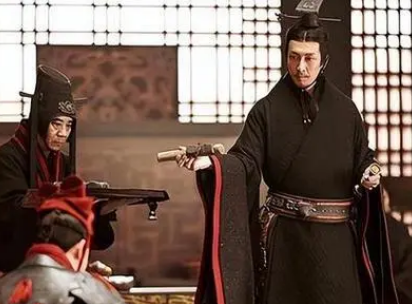
What is the relationship between Qin Shi Huangs death and Zhao Gao? What is the statement?
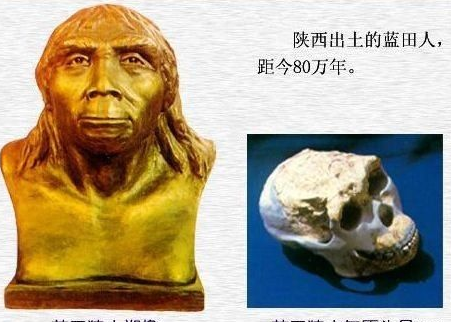
What does Lantian Man look like? What is their appearance?
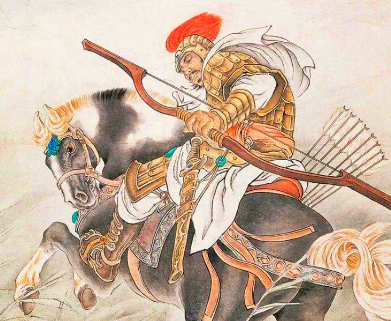
What are the poetic lines related to General Li Guang, the Flying General? How to appreciate them?
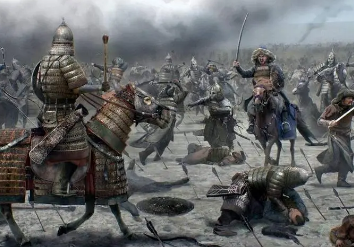
What nationality are the Warla people? What does the term "Warla" mean?









